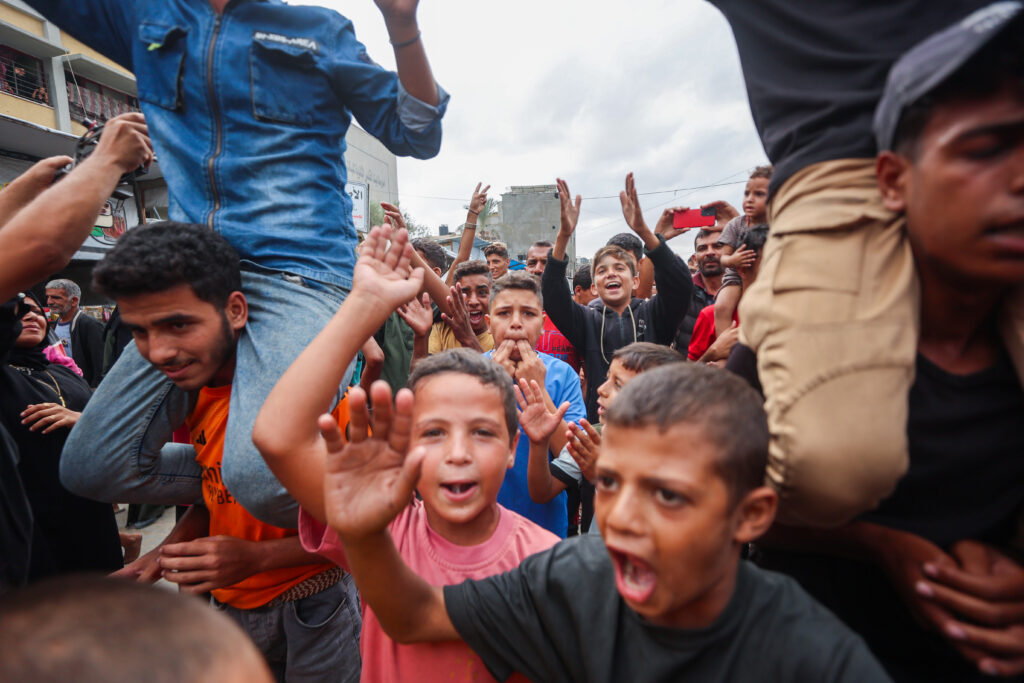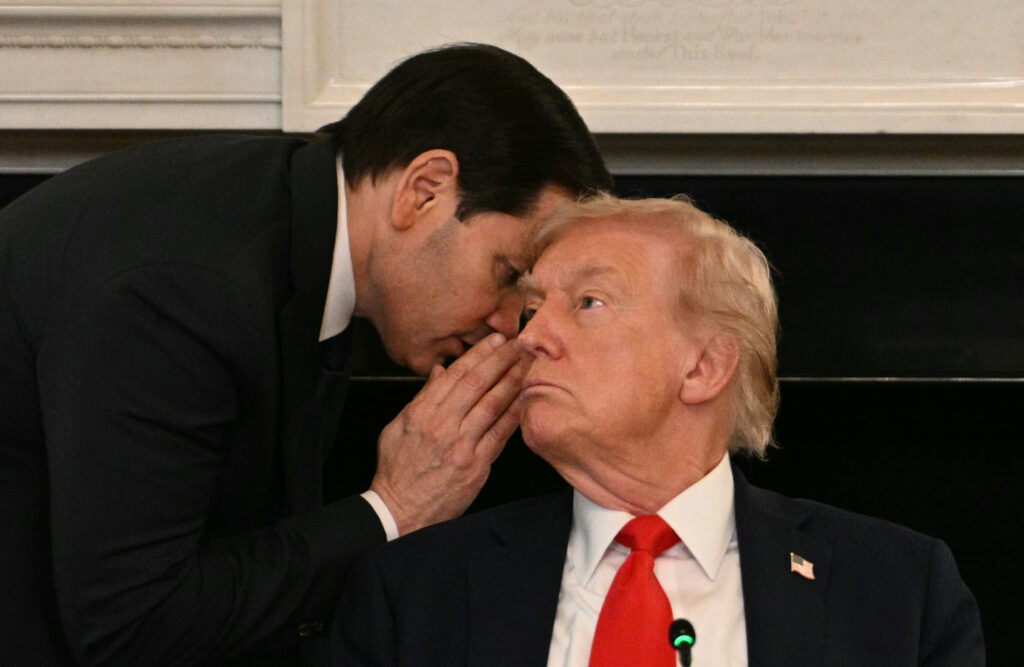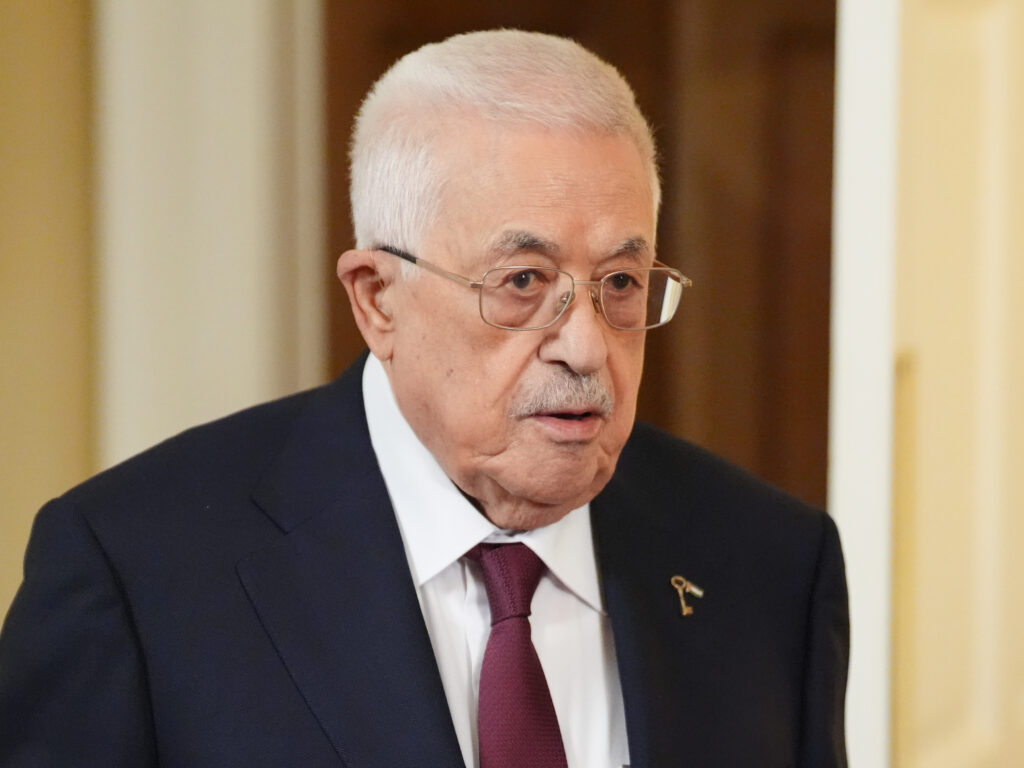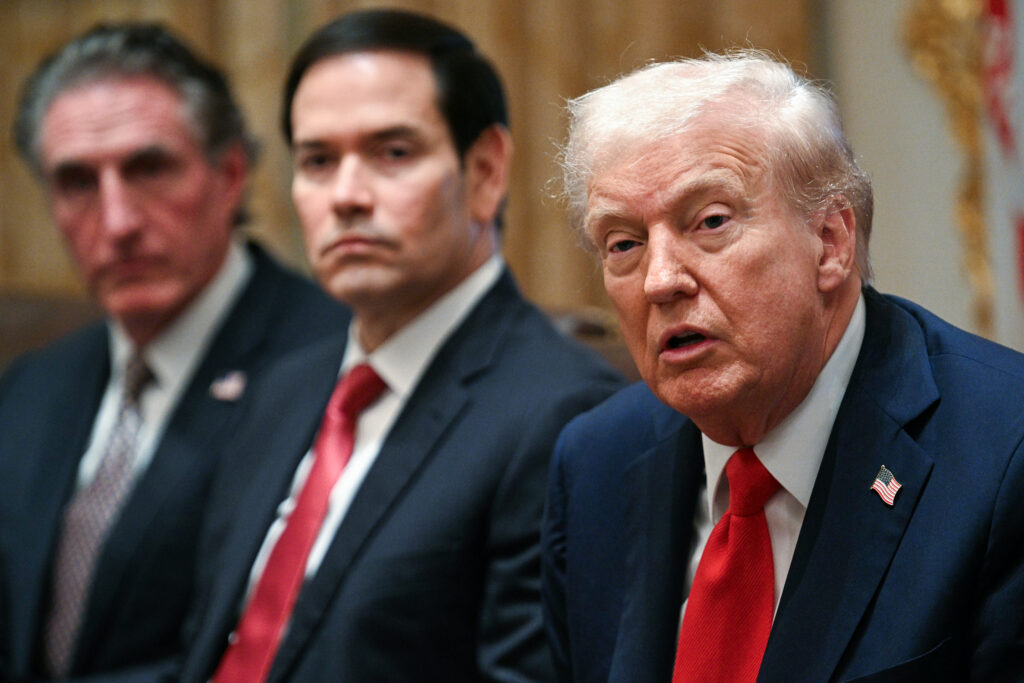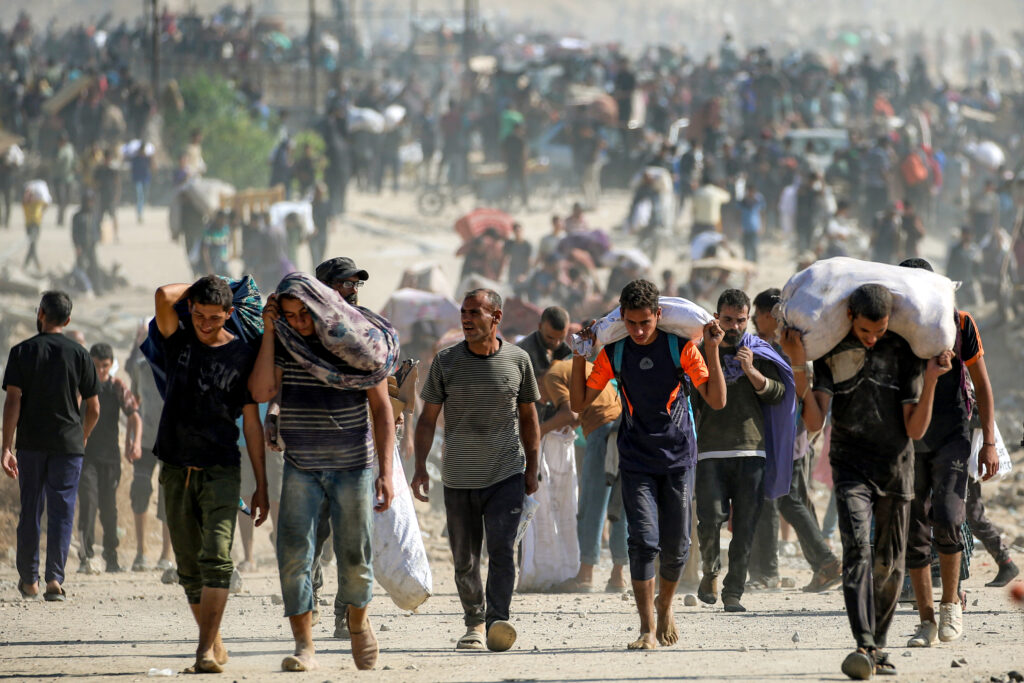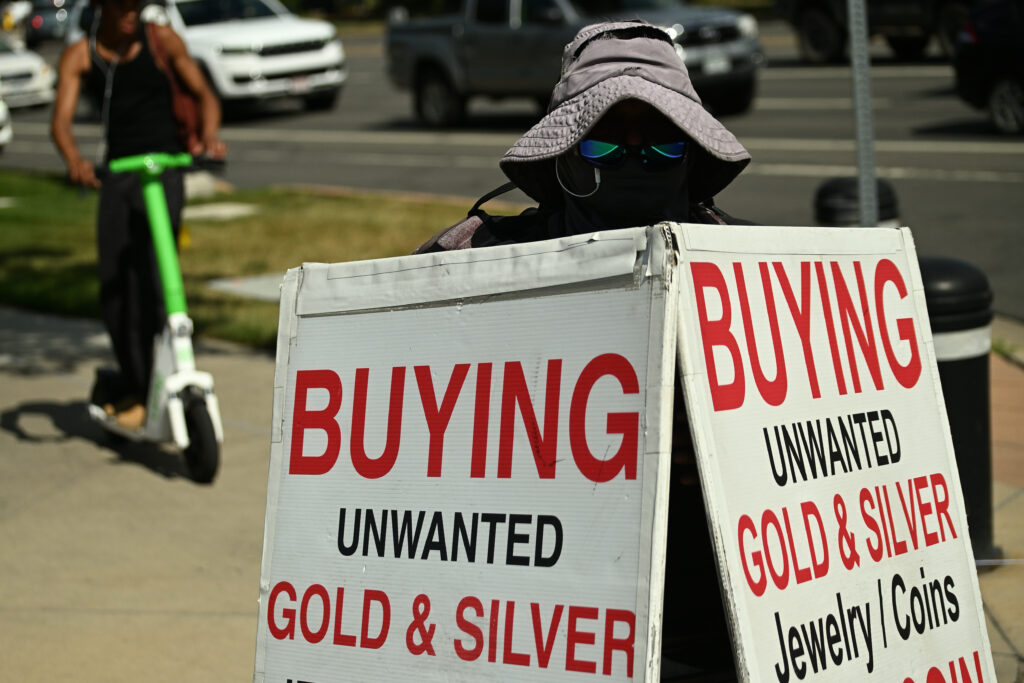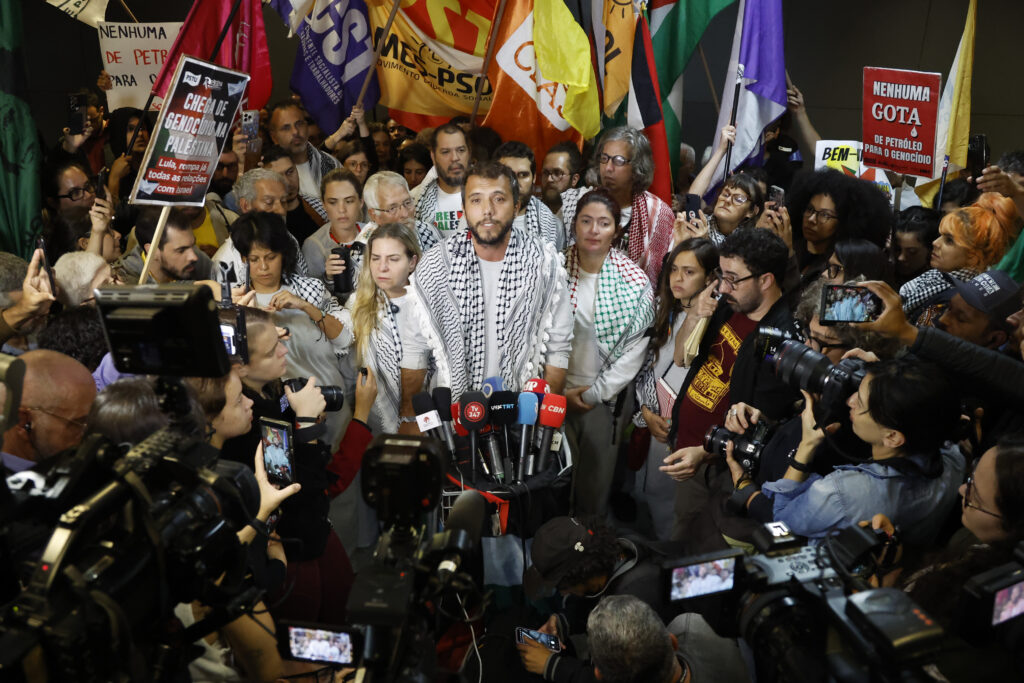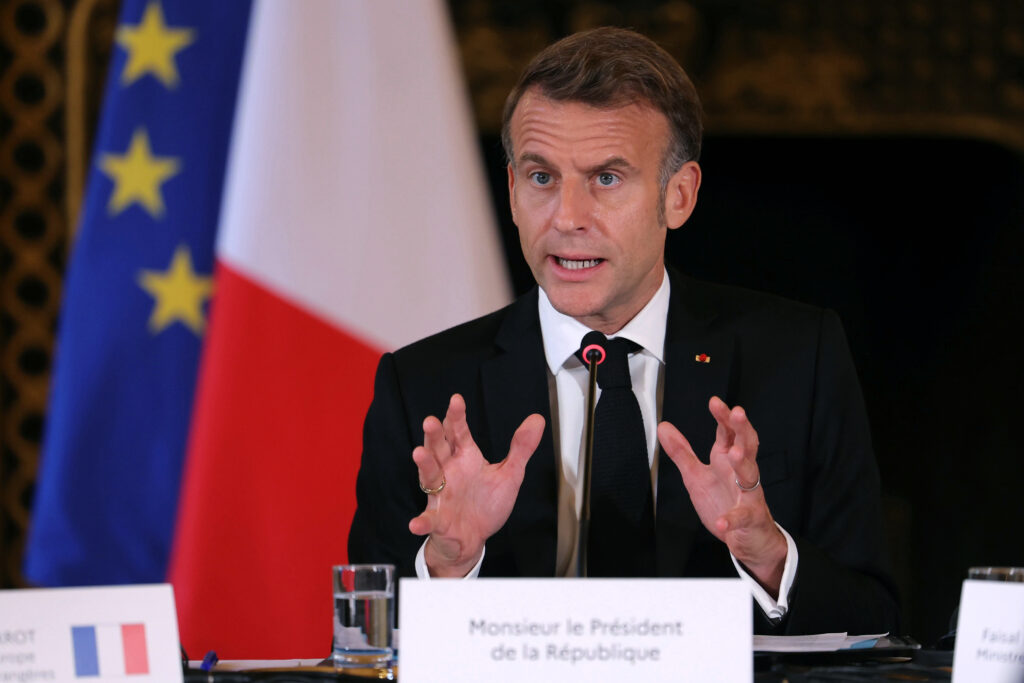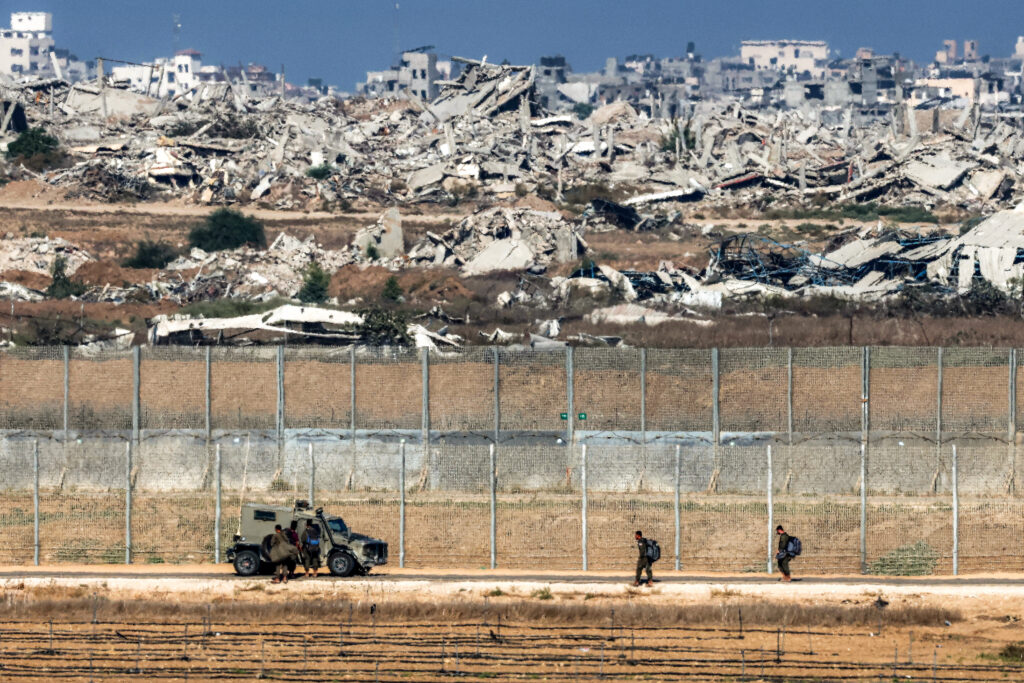Israel government approves Gaza hostage release deal
Israeli Prime Minister Benjamin Netanyahu’s office said on Friday that the government had “approved the framework” of a hostage release deal with Hamas, as both sides edged closer to ending more than two years of hostilities in Gaza.Israel previously said “all parties” had signed the first phase of a ceasefire agreement, adding that Hamas freeing the captives would “bring the end to this war”.The accord in Egypt follows a 20-point peace plan for Gaza announced last month by US President Donald Trump, who said he planned to leave on Sunday for the Middle East.Egypt is planning an event to celebrate the conclusion of the deal, with Trump also expected to stop in Israel and consider going to devastated Gaza.The Israeli government had said the ceasefire was to take hold within 24 hours of meetings on Thursday to approve the deal, under which the military should eventually withdraw from Gaza.And in a statement early on Friday, Netanyahu’s office said the government had “approved the framework for the release of all the hostages — both the living and the deceased”.Netanyahu had faced pushback from his far-right allies, with National Security Minister Itamar Ben Gvir saying he would vote against the agreement, calling the plan to release thousands of Palestinian prisoners in exchange for the 47 hostages remaining in Gaza “an unbearable heavy price”.Despite celebrations in Israel and Gaza and a flood of messages from world leaders hailing the deal, numerous issues remain unsettled, including the plan’s call for Hamas to disarm and a proposed transitional authority for Gaza led by Trump himself.Senior Hamas official Osama Hamdan said the Palestinian Islamist movement rejected the latter.”No Palestinian would accept this. All the factions, including the Palestinian Authority, reject this,” Hamdan told Qatar-based broadcaster Al Araby.Trump said the issue of Hamas surrendering its weapons would be addressed in the second phase of the peace plan.”There will be disarming,” he told reporters, adding there would also be “pullbacks” by Israeli forces.Senior US officials said a military team of 200 people, led by US Central Command chief Admiral Brad Cooper, would be deployed in the Middle East to “oversee” the truce.One official said Egyptian, Qatari, Turkish and probably Emirati military officials would be embedded in the team. A second official said “no US troops are intended to go into Gaza”.- ‘Tears of joy’ -Confirming that the first-phase draft had been signed by “all parties” early Thursday, Israeli government spokeswoman Shosh Bedrosian told journalists that “all of our hostages, the living and the deceased, will be released 72 hours later, which will bring us to Monday”.Foreign Minister Gideon Saar said the release of the hostages “should bring the end to this war”.In a rare interview with an Israeli network, Palestinian president Mahmud Abbas told the Channel 12 broadcaster that “what happened today is a historic moment”.”Today, we are very happy that the bloodshed has ceased. We hope it remains this way, and that peace, security, and stability will prevail between us and Israel,” Abbas said.US envoy Steve Witkoff and Trump’s son-in-law Jared Kushner travelled to Jerusalem Thursday night, where they met both Netanyahu and Israeli President Isaac Herzog, their offices said.Israeli media reported that the pair later participated in the government meeting held to approve the plan.The deal, thrashed out in indirect, closed-door talks in the Red Sea resort town of Sharm El-Sheikh, also envisions a surge of aid into Gaza, where the UN has declared famine.The announcement sparked joy in Gaza, much of which has been flattened by Israel’s offensive.”Honestly, when I heard the news, I couldn’t hold back. Tears of joy flowed. Two years of bombing, terror, destruction, loss, humiliation, and the constant feeling that we could die at any moment,” displaced Palestinian Samer Joudeh told AFP.In Israel, thousands of people gathered in a Tel Aviv square to celebrate, some holding photos of hostages still in Gaza and waving Israeli and US flags.”We have been waiting for this day for 734 days. We cannot imagine being anywhere else this morning,” said Laurence Ytzhak, 54.Hamas has submitted a list of Palestinian prisoners it wants released from Israeli jails in the first phase.The list names 250 Palestinians sentenced to life imprisonment and 1,700 others arrested by Israel since the war began, according to a Hamas source.- Explosions continue -The talks were taking place under the shadow of the second anniversary of the October 7, 2023 Hamas attack on Israel, which resulted in the deaths of 1,219 people, mostly civilians, according to an AFP tally based on official Israeli figures.Militants also took 251 people hostage into Gaza, where 47 remain, including 25 the Israeli military says are dead.Israel’s retaliatory campaign in Gaza has killed at least 67,194 people, according to the health ministry in the Hamas-run territory, figures the United Nations considers credible.The data does not distinguish between civilians and combatants but indicates that more than half of the dead are women and children.Gaza’s civil defence agency, a rescue force operating under Hamas’s authority, reported several strikes on the territory after the announcement of the deal.AFP journalists and witnesses said more explosions and artillery fire could be heard Thursday evening in southern and central Gaza.burs/ser/jhb/jsa/sbk/mjw/tc
